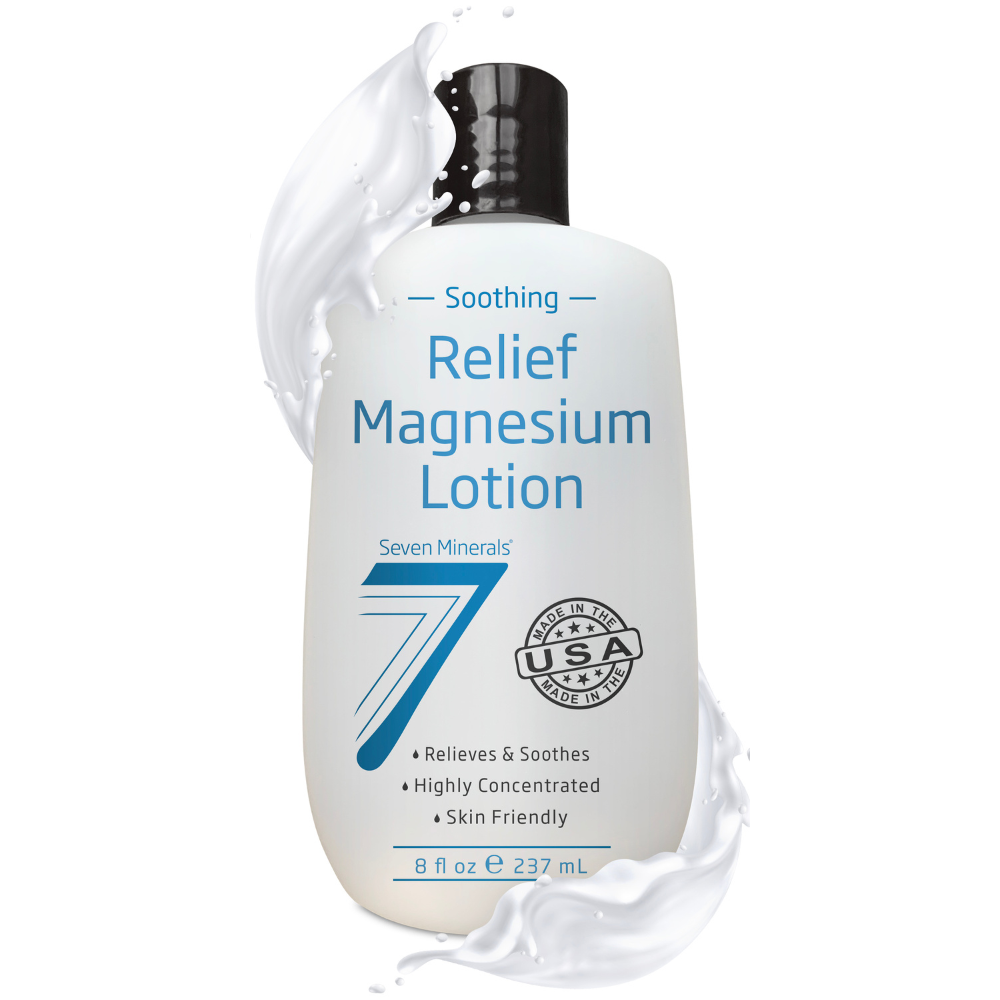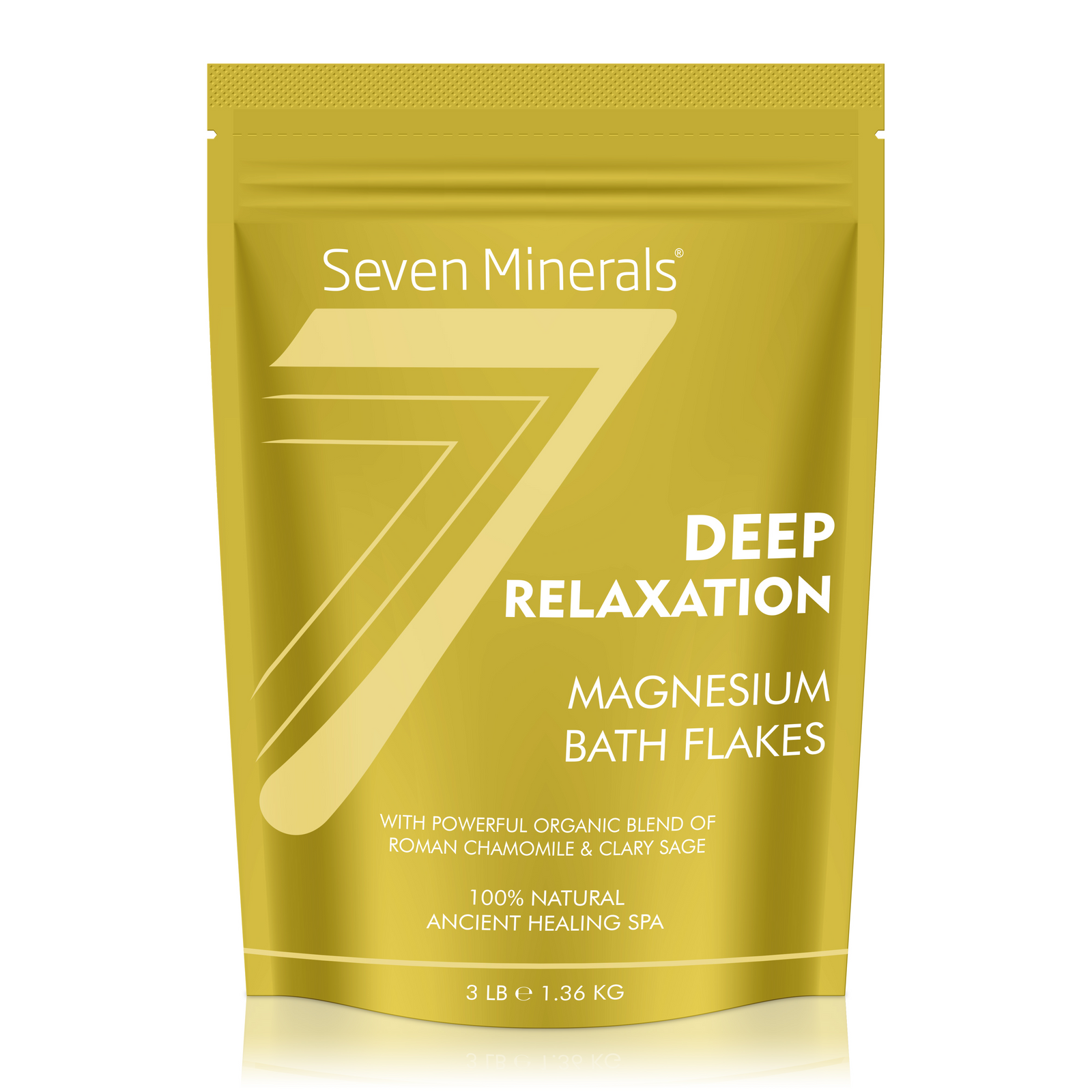Free Shipping on Orders Over $70
-
Aloe vera & Aftersun
Shop All
Aloe Vera Gel
10471 reviewsAftersun Recovery Spray
78 reviewsAftersun Cooling Spray
70 reviewsAloe Vera Spray
2678 reviewsAftersun Recovery Gel
84 reviews -
Magnesium Oil & Blends
Catalog
USP Grade Magnesium Oil, Big 12 Oz
4084 reviewsMagnesium Oil with Aloe Vera, Big 12 Oz
1423 reviewsSleep Well Spray
342 reviewsStress & Anxiety Spray
135 reviewsHappy Joints Magnesium Spray
322 reviews -
Castile Soap
Catalog
Unscented Castile Soap
2977 reviewsLemon Castile Soap
423 reviewsMandarine & Basil Castile Soap
296 reviewsSweet Orange Castile Soap
423 reviewsPeppermint Castile Soap
150 reviews -
Carrier Oils
Catalog
Pure Castor Oil
1396 reviewsSweet Almond Oil
955 reviewsOrganic Vegetable Glycerine
292 reviewsFractionated Coconut Oil
334 reviewsPure Apricot Oil 32oz
108 reviews -
Magnesium Bath & Beauty
Catalog
Organic Magnesium Cocoa Butter Body Creme
850 reviewsMagnesium Lotion
93 reviewsSleep well flakes
484 reviewsDeep Relax Flakes
489 reviewsPure Mg Flakes
488 reviews -
Hair Care
Catalog
Rice Water Spray 4oz Biotin
111 reviewsRice Water Spray 4oz Nettle
62 reviewsRice Water Spray 4oz Rose
76 reviewsRosemary Oil 2oz Rice
52 reviewsRosemary Oil 2oz Biotin
56 reviews -
Wellness Packs
Catalog
The Detox Trio Symphony Pack
4 reviewsDetox Bundle: Hair and Scalp Pack
1 reviewDetox Bundle: Wellness Duo Pack
5 reviewsMommy Makeover Pack
No reviews - Gift Cards
- Aloe vera & Aftersun
- Magnesium Oil & Blends
- Castile Soap
- Carrier Oils
- Magnesium Bath & Beauty
- Hair Care
- Wellness Packs
- Gift Cards
Shop All
Aloe Vera Gel
10471 reviews
10471 reviews
Aftersun Recovery Spray
78 reviews
78 reviews
Aftersun Cooling Spray
70 reviews
70 reviews
Aloe Vera Spray
2678 reviews
2678 reviews
Aftersun Recovery Gel
84 reviews
84 reviews
Catalog
USP Grade Magnesium Oil, Big 12 Oz
4084 reviews
4084 reviews
Magnesium Oil with Aloe Vera, Big 12 Oz
1423 reviews
1423 reviews
Sleep Well Spray
342 reviews
342 reviews
Stress & Anxiety Spray
135 reviews
135 reviews
Happy Joints Magnesium Spray
322 reviews
322 reviews
Catalog
Unscented Castile Soap
2977 reviews
2977 reviews
Lemon Castile Soap
423 reviews
423 reviews
Mandarine & Basil Castile Soap
296 reviews
296 reviews
Sweet Orange Castile Soap
423 reviews
423 reviews
Peppermint Castile Soap
150 reviews
150 reviews
Catalog
Pure Castor Oil
1396 reviews
1396 reviews
Sweet Almond Oil
955 reviews
955 reviews
Organic Vegetable Glycerine
292 reviews
292 reviews
Fractionated Coconut Oil
334 reviews
334 reviews
Pure Apricot Oil 32oz
108 reviews
108 reviews
Catalog
Organic Magnesium Cocoa Butter Body Creme
850 reviews
850 reviews
Magnesium Lotion
93 reviews
93 reviews
Sleep well flakes
484 reviews
484 reviews
Deep Relax Flakes
489 reviews
489 reviews
Pure Mg Flakes
488 reviews
488 reviews
Catalog
Rice Water Spray 4oz Biotin
111 reviews
111 reviews
Rice Water Spray 4oz Nettle
62 reviews
62 reviews
Rice Water Spray 4oz Rose
76 reviews
76 reviews
Rosemary Oil 2oz Rice
52 reviews
52 reviews
Rosemary Oil 2oz Biotin
56 reviews
56 reviews
Catalog
The Detox Trio Symphony Pack
4 reviews
4 reviews
Detox Bundle: Hair and Scalp Pack
1 review
1 review
Detox Bundle: Wellness Duo Pack
5 reviews
5 reviews
Mommy Makeover Pack
No reviews
No reviews









































